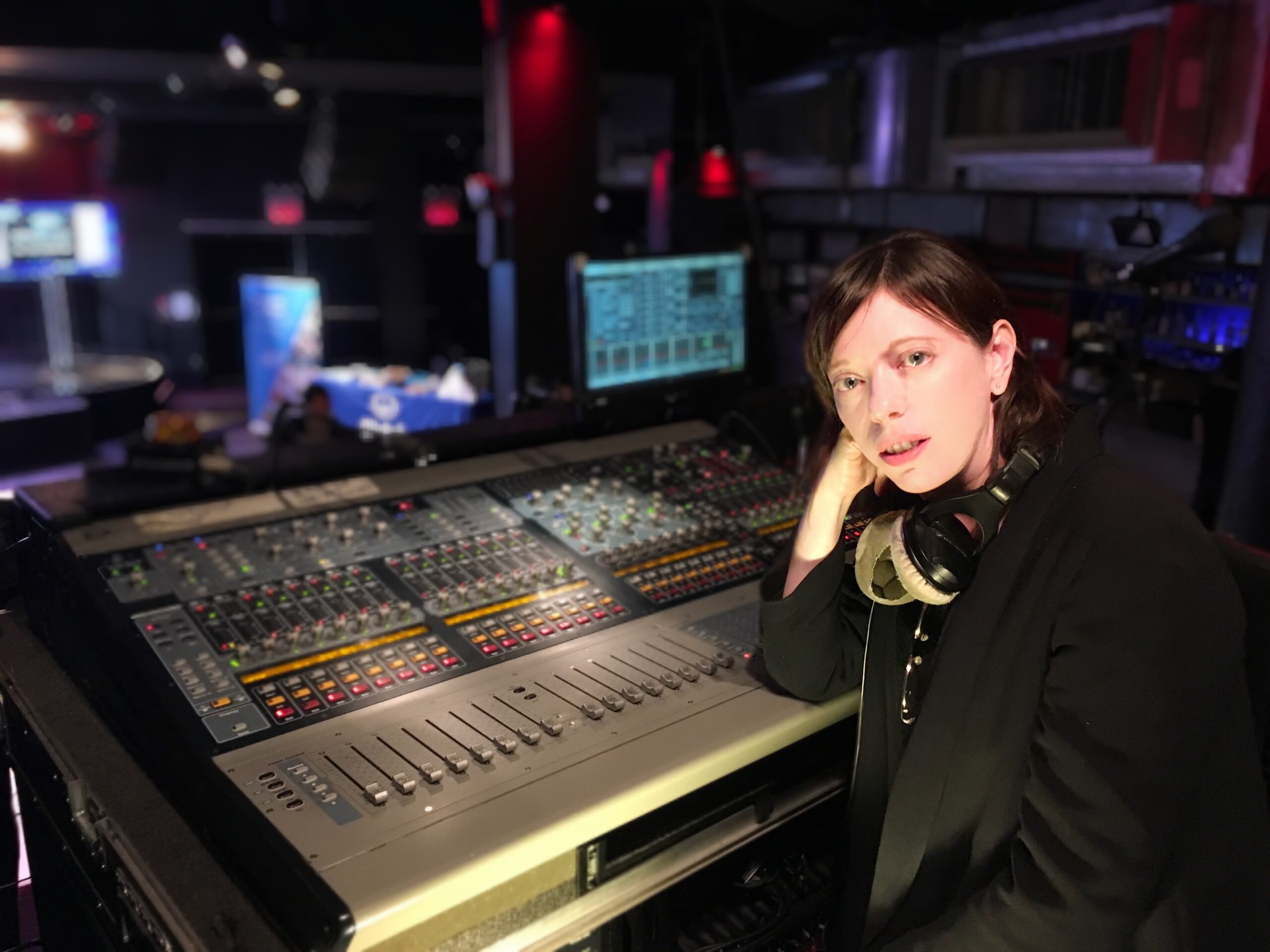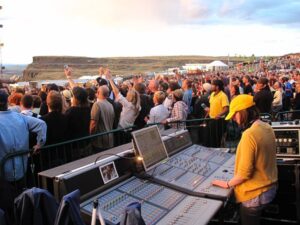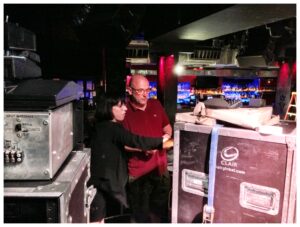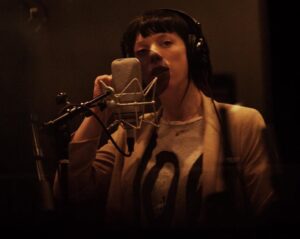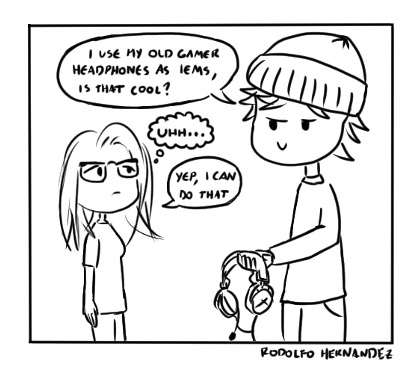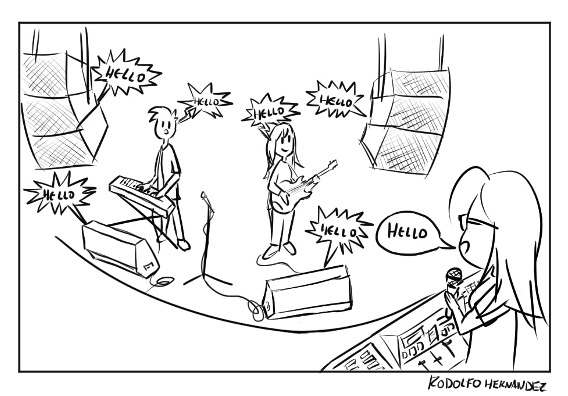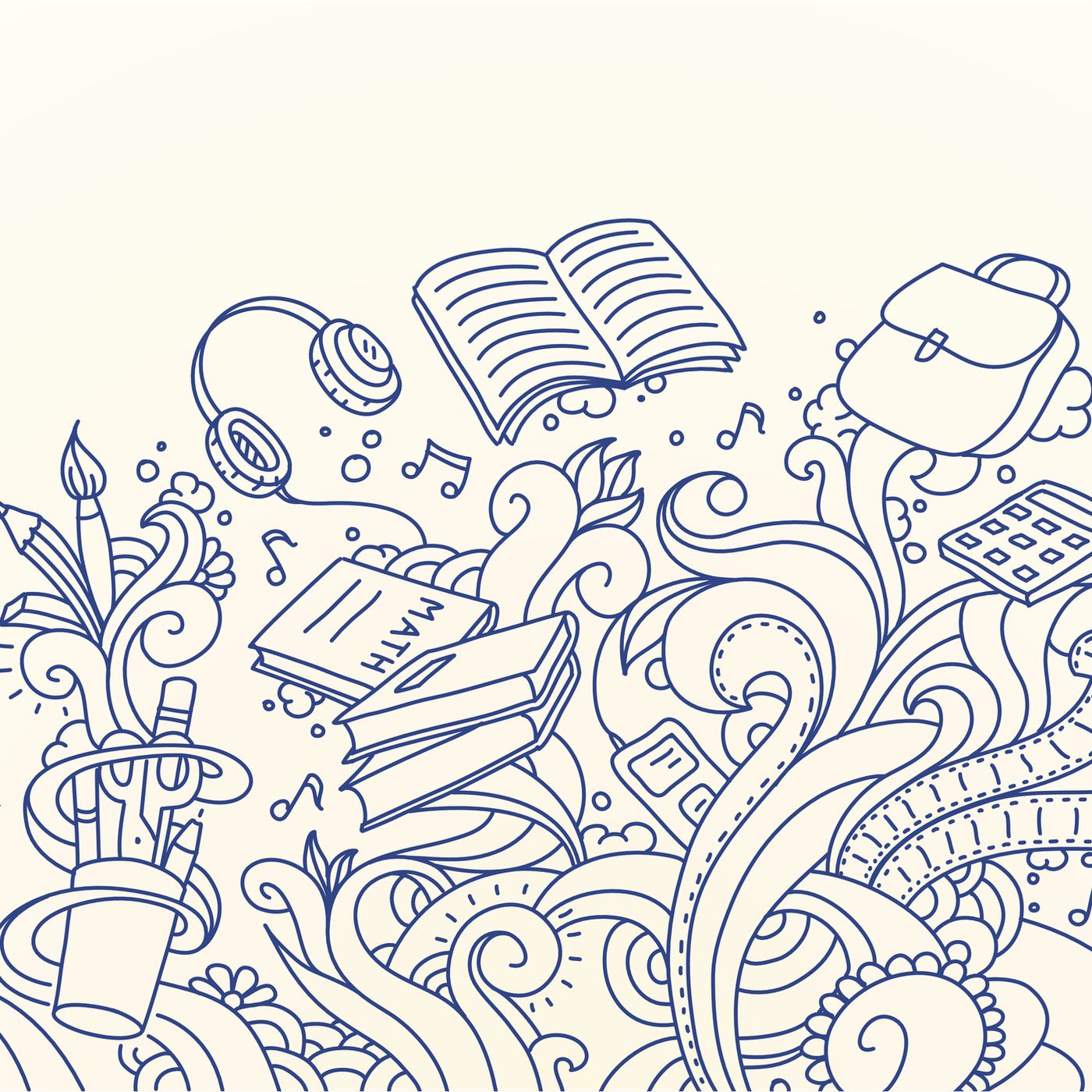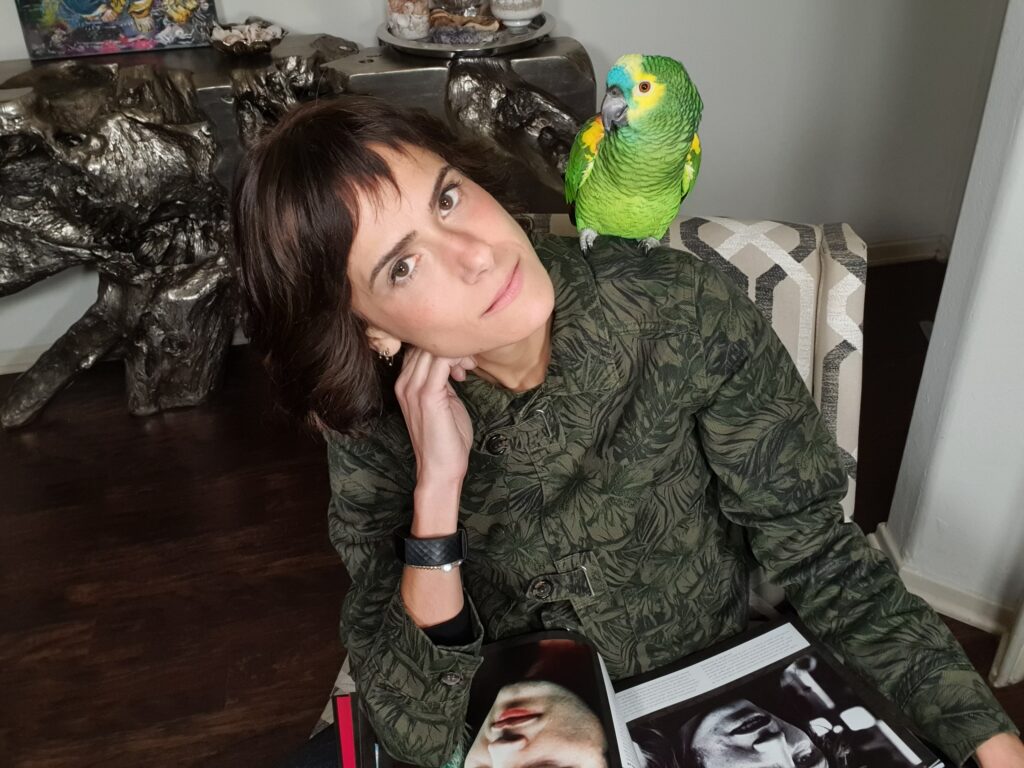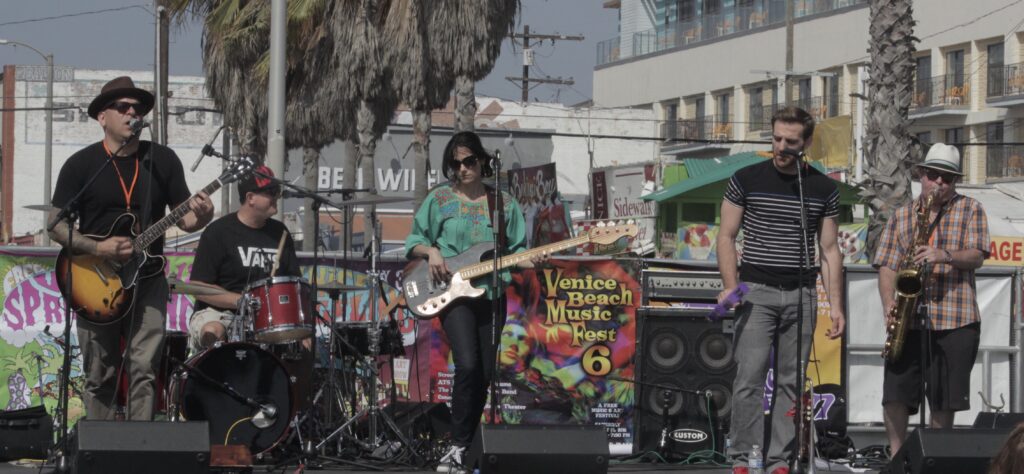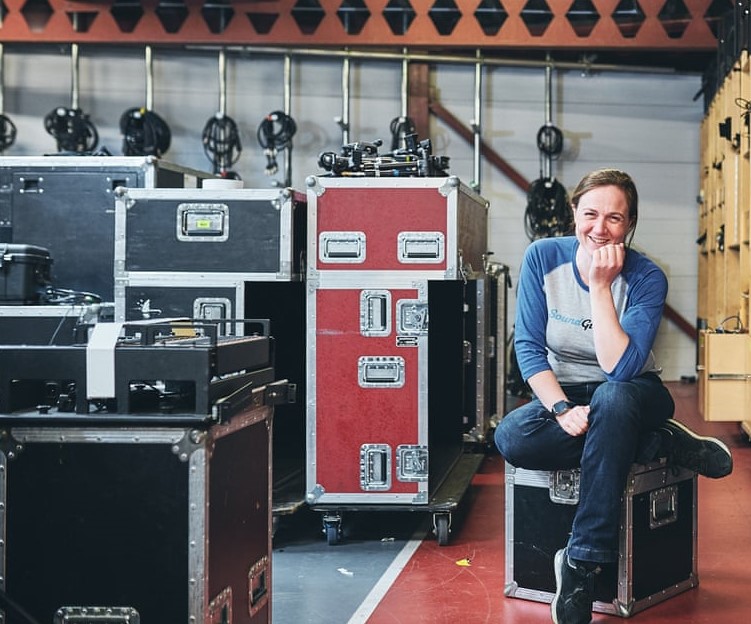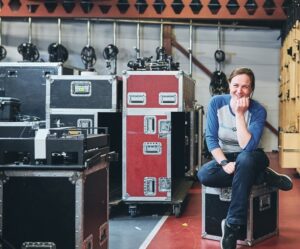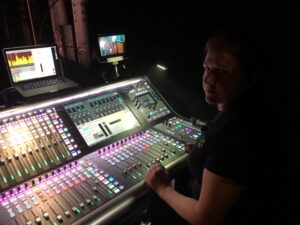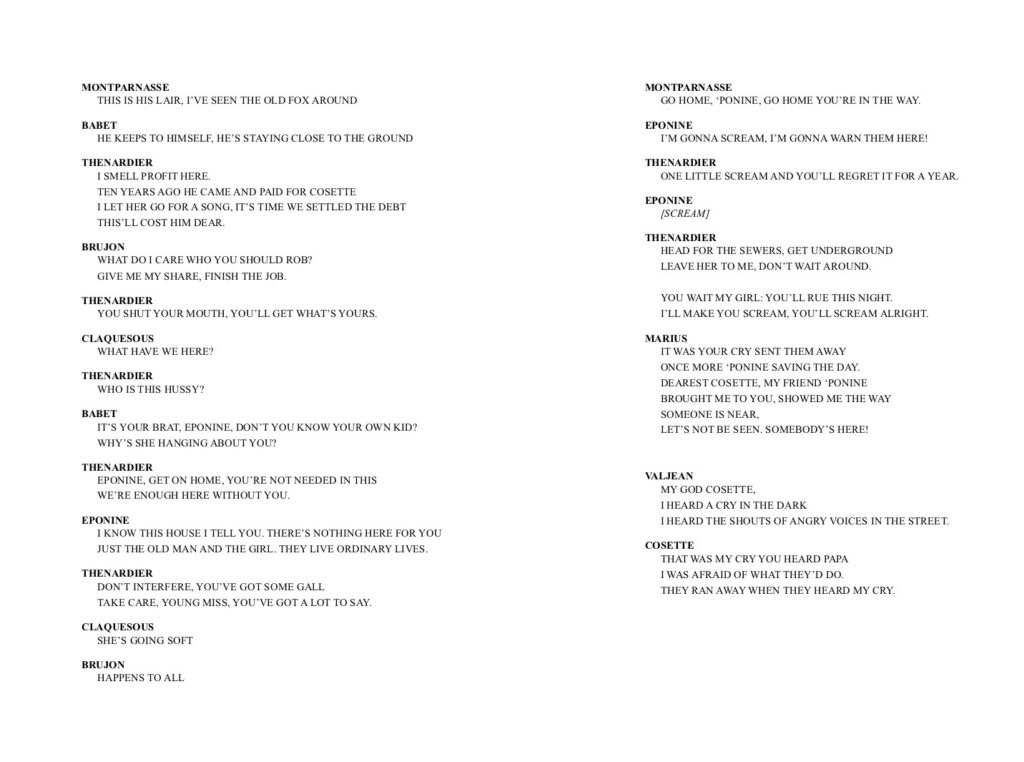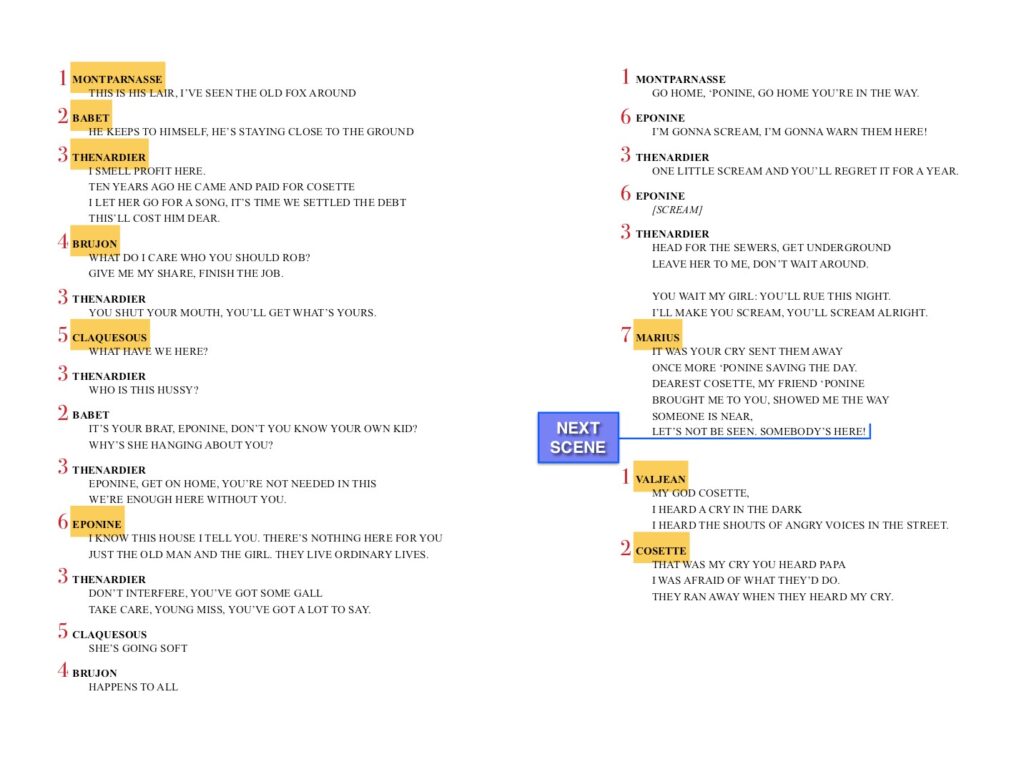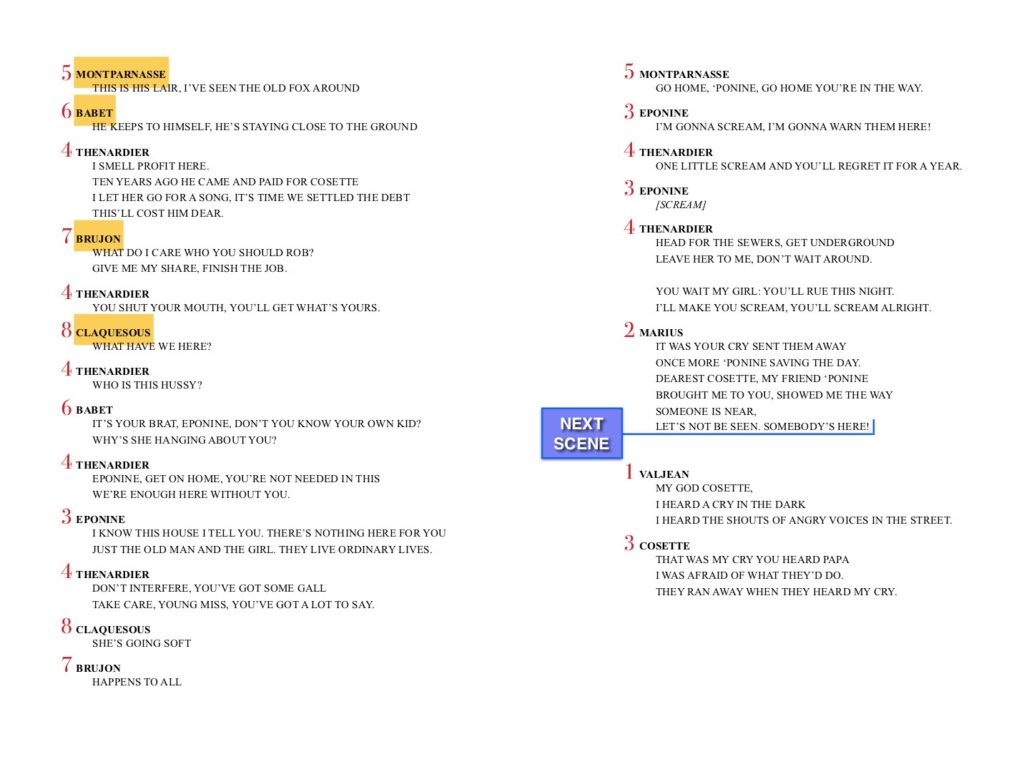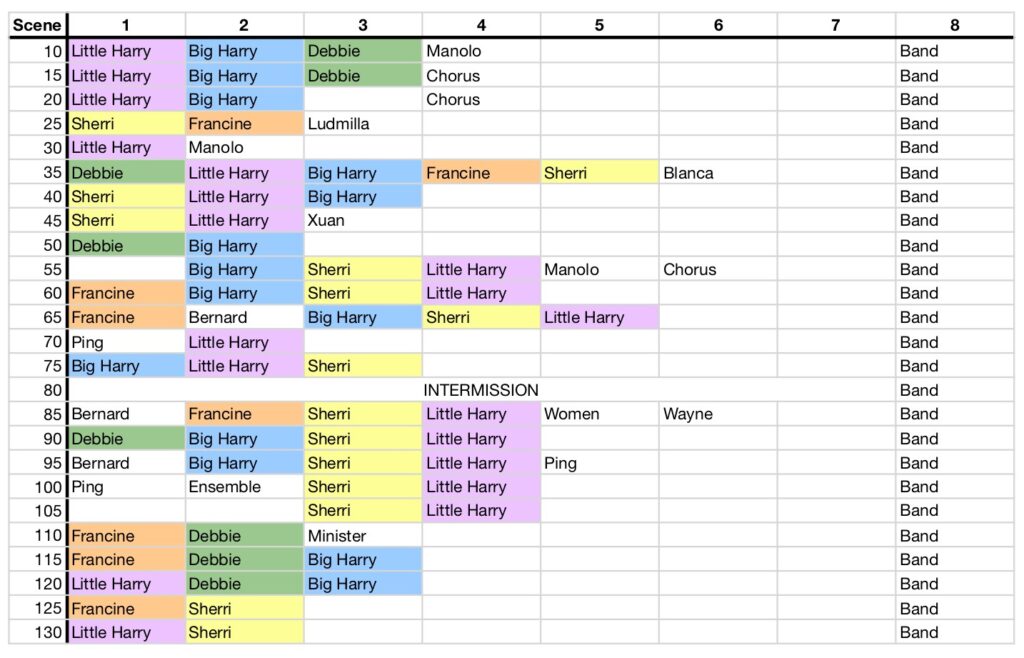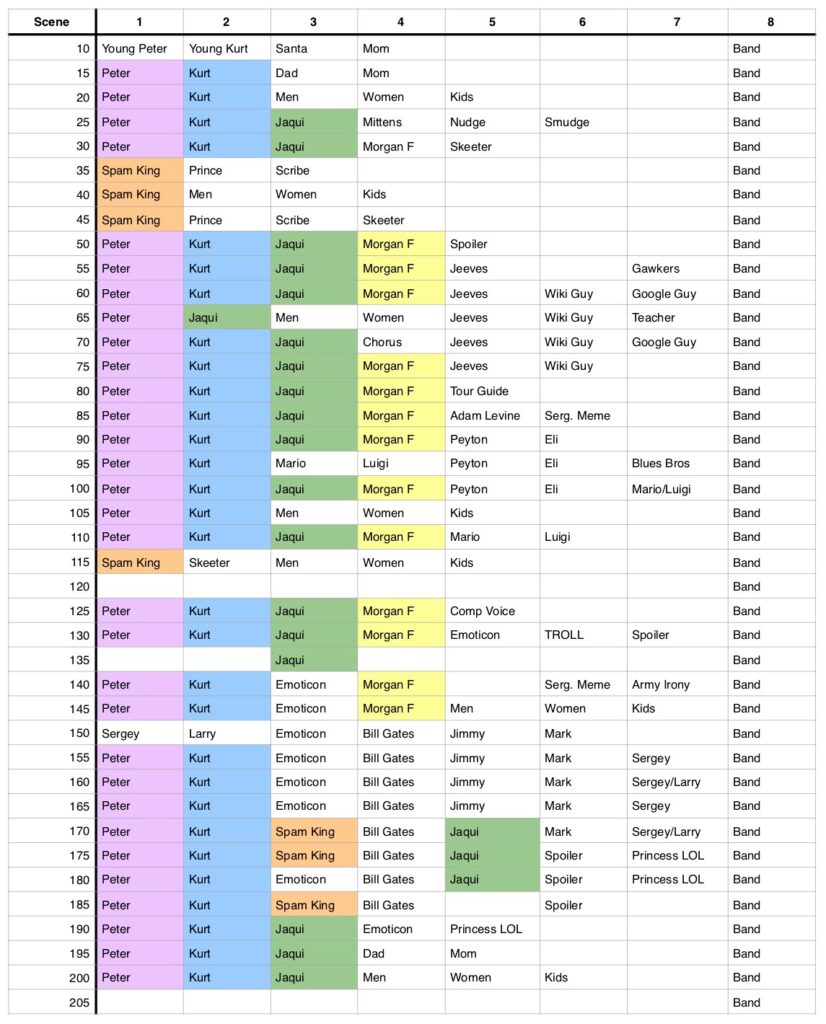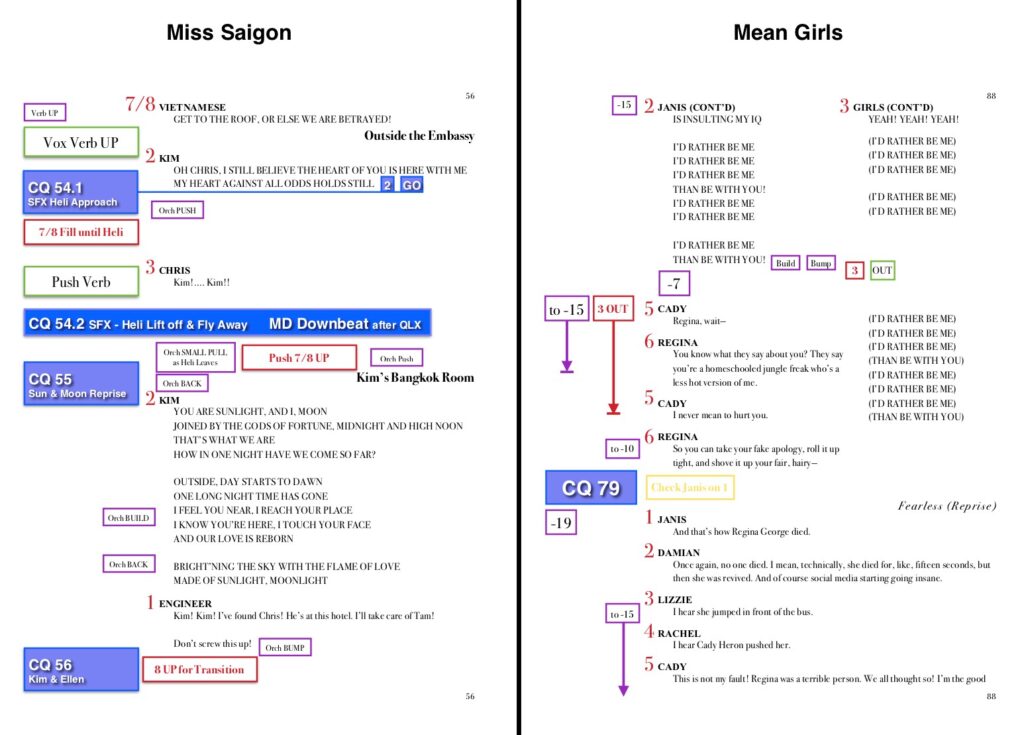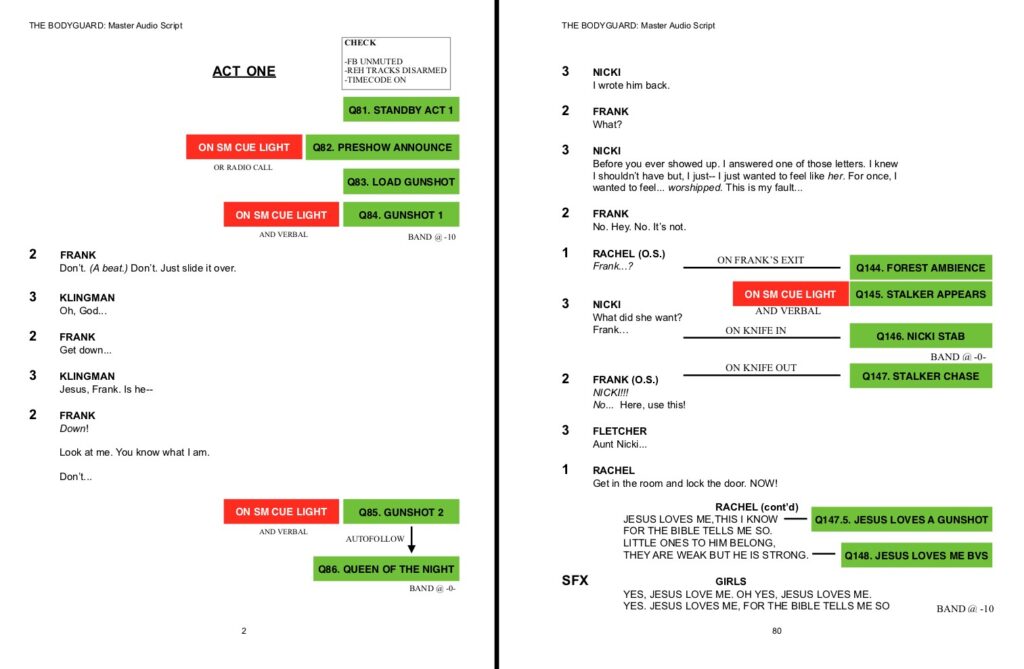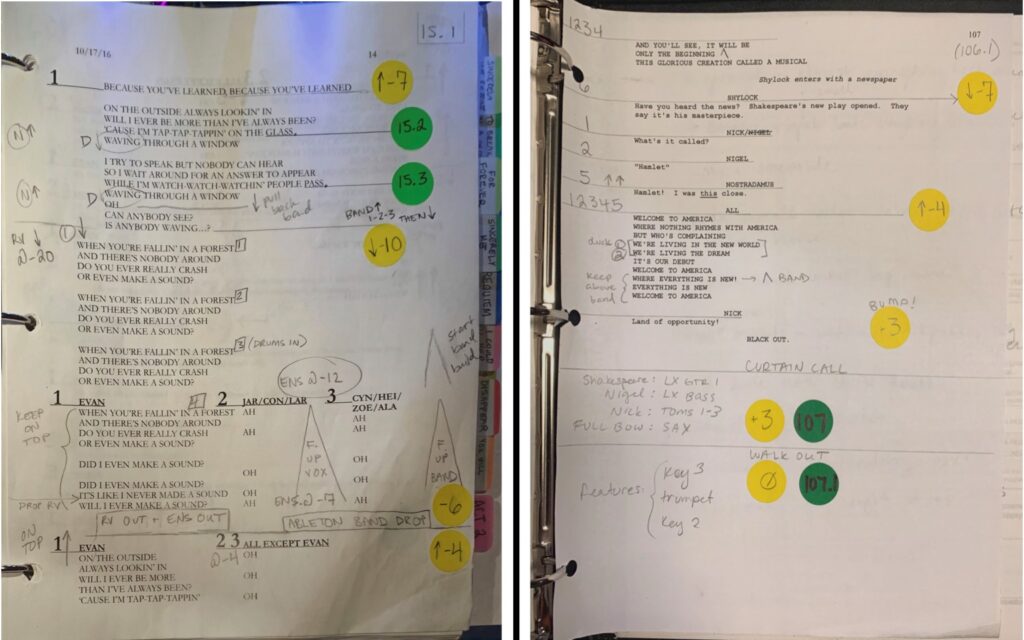Samantha Potter has forged a path in audio by being versatile, having a great attitude, continuously learning, and having a willingness to share her expertise. She has been able to achieve a career working both as a freelance audio engineer and on staff at pro audio companies. In just seven years, Samantha has gone from a freelance tech to a well-respected audio engineer working for ProSoundWeb as a senior contributing editor and co-directing Church Sound University, as well as a podcast host for the Church Sound Podcast. Additionally, she’s part of Allen & Heath USA, as the manager for Commercial and Install Audio, better known as Install Empress. By forging a hybrid career, Samantha has the stability and reach working for a company provides as well as the creative expression and autonomy freelancing provides. She says “It’s the best of both worlds.”
Growing Up
Samantha’s roots are in classical music. “I grew up playing classical music and jazz. I started on violin but picked up upright bass, cello, and guitar along the way. After seven years of formal training, I decided that while music was fun it was in no way going to give me the future for which I aspired.”
In her teens, she discovered computer and technology programs and sought to blend these two passions as a career path. In high school, she did what any young individual does when looking for the next path: she Googled careers. She soon discovered audio engineering combined her two passions and started studying recording and studio arts. After about two years immersed in audio, she discovered live sound and fell in love, never to look back. Samantha enrolled in local college programs and has obtained several associate degrees with an emphasis in mathematics but she says, “Those were really just for completion’s sake. I already had an established career in audio by the time I applied for graduation. I have an emphasis in math with the idea that perhaps someday I will return to get a bachelor’s and master’s degree. Currently, though, it’s not worth the price nor the time.”
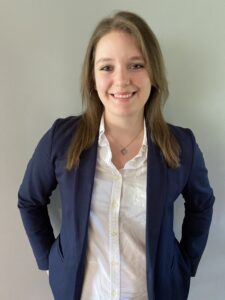 Career Start
Career Start
“A metal band I played in at [17] toured a studio and I noticed a book on the owner’s desk. I asked about it, we began talking, and he eventually took me under his wing. I eventually drifted away from studio work to pursue a more adrenaline-pumped path. Soon after leaving the studio that helped launch my education and career, I fell into a position at a large church. This church leased part of its campus to a graduate school. The hiring individual and I had a professor in common so when the job opened up, my name was thrown in. Eventually, that job transformed into the oversight of technology for multi-campus synchronous online classes and producing chapel services and special events. My actual duties in this job ranged from troubleshooting computers to video editing to event producer. I actually stayed at that job for nearly seven years, leaving only after I could no longer expand the position to meet my growing thirst and expertise.”
The Importance of Internships/Mentorship
“My time at the studio really helped me learn some fundamentals. Putting those fundamentals to work didn’t actually ‘click’ until my first few jobs. One of the first internship-style positions I held was as a volunteer broadcast engineer at a megachurch. I got to cut my teeth on a DiGiCo SD9! I learned so much doing that job. I met a ton of people I’m still friends with, and it was a fantastic transition between studio work and live work. If I hadn’t gone to that studio that day, or I hadn’t taken the early jobs that I did, I would not be where I am. They all compounded together to create my career trajectory and my experience. The jobs I hated taught me something, the jobs I loved taught me something. My early internships, the free work I did, and the work that paid me in food all equally pushed me to design my career so that it was Samantha-shaped, hit all my wants and needs, and built on my strengths. Some people go their whole lives without getting that.”
What did you learn interning or on your early gigs?
“Wow, how much time do we have? Haha. Sometimes functioning is better than beautiful. Or, in other words, don’t let good be the enemy of perfection. Sometimes, no matter how much prep we have, things still go wrong. If we are at the very least completing the foundation of our jobs (to amplify and balance audio) then we can call it a win.
“Fake it ‘til you make it. The audacity that some people out there have — it’s unreal. Get used to asking questions, but force yourself to believe that you deserve to be there and are enough. You must believe that, if only for a few minutes at a time. Other people wake up every morning and think about how great they are and that the world owes them something and they’re the second coming of Jesus. Do yourself a favor and take a page from their book. If you work hard and have a good attitude, you will be just fine. Even the people you think are great are not as great as you think. I say this with love in my heart, but there are some real dummies out here making a great living being mediocre. There’s room for all of us.
“Not everything needs to be touched. Have a purpose for everything you do unless you are explicitly experimenting. Touching every single knob or button just to put your magic on a console just because can seem insecure. The proof is in the pudding.
“Network, network, network, network. Knowing the right people is at least 50% of the job. The more people you know, the more people that know you, the better. Reputation and word of mouth are how we function here. Get a leg up. Make meaningful connections with people whose work you enjoy or whose careers you’re interested in or would like to emulate. Conventions, conferences, meetups, and yes, Facebook groups, are all ways we can meet new people and try to make those meaningful connections.”
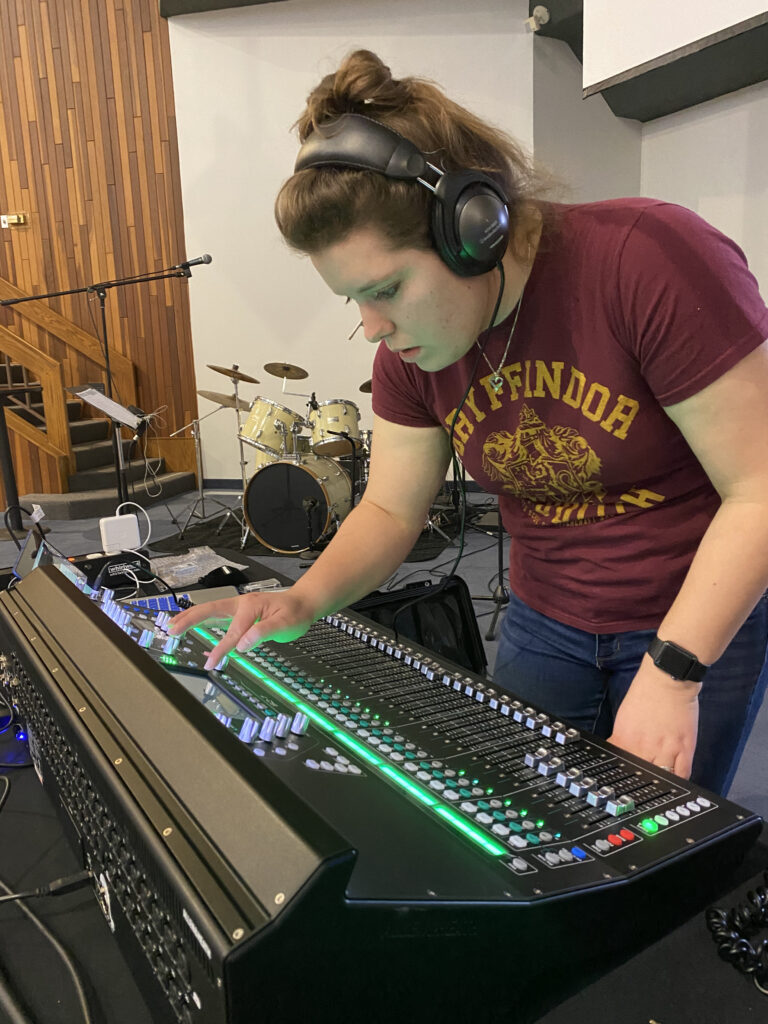
Did you have a mentor or someone that really helped you?
“So many. Elana Goldberg taught me the value of tough love and accepting constructive criticism. Ted Avara showed me creativity. Rob Guy taught me how to over-under. Roger Bevz taught me proper gaffing. And that’s just to name a few from so early on. So many people have poured into me. Literally hundreds. I do my best to thank them and show my appreciation for them any chance I get, but also to pass it on. They didn’t have to show me anything. They chose to. And I am standing on the shoulders of all those people and their own lifetime of achievements. Thank you all, named and unnamed, for the immense value you shared with me in your own ways.”
Career Now
What is a typical day like?
“Which day of which month? haha. It varies quite a bit, but I will try to combine it all into a single day:
“I get up around 6:30 am and go for a 30-minute run. I shower, stretch, make breakfast, start a cup of coffee, and read. I start my workday at about 8 am depending on the workload for the day.
“I walk down to my office and start turning on a lot of equipment. Almost none of my work is local these days, so my office is decked out in an array of different equipment to help me do that. As with most jobs, I first check my email and line up what I need to get done that day. This often includes preparing for and presenting a multitude of different webinars, webcasts, videos, and console demos. At this point, I have a whole studio set up so all I have to do in the way of video equipment is turn lights and cameras on.
“Much of my work also revolves around experimenting with audio techniques, and designing/programming install jobs involving Allen & Heath gear. Additionally, I give tech support to those experiencing very particular errors with some of our gear, like misprogramming their matrix or advanced system configurations. Luckily, we have an amazing tech support team to take care of some of the more common issues (like someone not remembering what their IP address is or helping with a firmware update [Bless you guys, you’re the real MVPs.])
“I also compile feature requests from our users, any bugs we may discover, and help influence the designs, iterations, and updates to our gear. I’m thankful to the Allen & Heath UK crew that allows me to have some ‘ownership’ of the matrices, consoles, peripherals, and other gear. It goes a very long way.
“Some months I pursue interesting projects for press releases. I get to talk nerdy with the project managers and installers and find out what sort of stuff they’re working on and gather info for press.
“Once I take care of my administrative duties, I may write an article for a future issue of Live Sound International or Church Sound Magazine. There’s also quite a bit that goes into editing an entire magazine. Working with contributors, authors, technicians, and engineers to get the best information out to the masses is a labor of love. My work with ProSoundWeb allows for plenty of flexibility which I greatly appreciate since my work is sort of weird, period. Remember how I said my career is Samantha-shaped? Yeah, this is part of that. Editing and writing take two very different parts of one’s brain and requires balance between using my voice and allowing an author to use theirs. It takes a few weeks to get an issue together starting from finding/obtaining writings or asking an author to contribute. We go through several editing processes, a design phase, and a proof phase. Then poof — printed word. I’m over-simplifying, but trust me, that’s best.
“Part of my daily work also involves booking or preparing for an episode of my podcast which comes out biweekly. I try to always have a backlog of episodes so that I don’t need to be rushing through anything. I write outlines, do research, and prepare myself to have an involved and informed discussion over a given topic.
“I work a lot and it’s a bunch of different kinds of work so making things like recording, slideshows, or press releases as effortless as possible is a must. Preparation is everything!
“I try my darndest to end my workday at 5 pm. On occasion, I have to work late because of a time zone difference or because a project just needs to get finished. I’ve most definitely sat in bed editing a podcast episode at 9 pm before. I don’t love it, but things need to get done. I want my family time, though. If I don’t get brain and body rest I’d inevitably burn out. I love what I do and I do not want burnout to happen.
“My days vary a lot and include quite a bit of travel to help commission systems, teach courses, give training, and things like conventions and conferences. Those days are completely different from everything I just described. It all depends! I love my days varying about 70% with about 30% staying consistent. I’m a particular lady.”
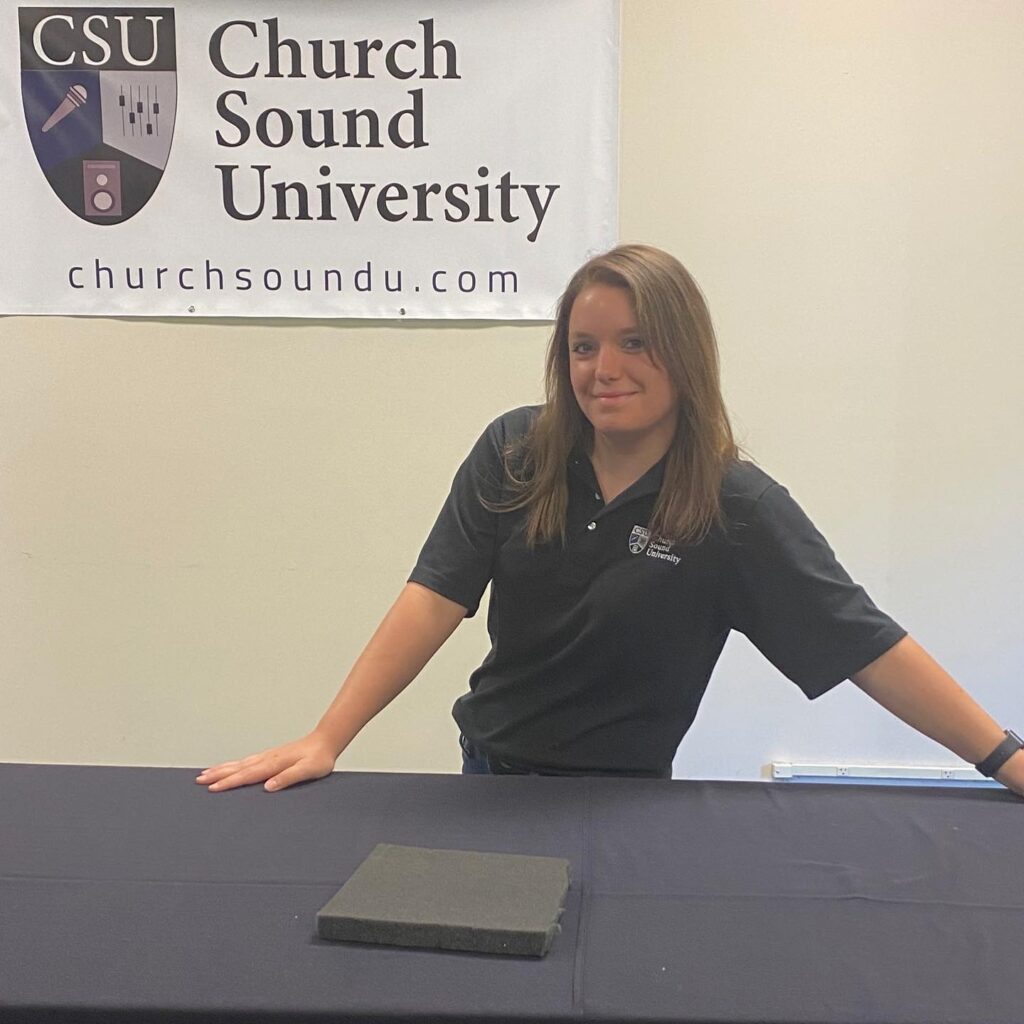
How do you stay organized and focused?
“I’m always having to work towards better organization and better focus. I’m a work in progress, as we all are. I live and die by my calendar(s). I keep them up to date at all times and reference them frequently. My random thoughts and things I need to check in on live on sticky notes sprinkled at the base of my computer monitor. My desk looks like my brain: a scattering of projects and topics that interest me. A sort of organized chaos, if you will. Every couple of weeks I do a sticky note binge and make sure I’ve taken care of the things I need to. Is it best? God, no. But it makes a lot of sense to my brain.
“When it comes to focus, I try not to focus on any particular project or task for more than 2-3 hours at a time. I take frequent breaks to walk around the house or around the neighborhood, drink plenty of water, and listen to music as much as possible. Sometimes I just need silence, but mostly I like to put on my wireless headphones and laser focus.”
What do you enjoy the most about your job?
“Helping to further the industry. In my own way, I get to teach other engineers and techs how to be better and I get to have a say in how technology is adopted and changed. It’s quite magical, actually. Educating others and sharing knowledge help make all this work worth it.”
What do you like least?
“I must say, I do occasionally tire of having to show someone the bare minimum of something because they couldn’t be bothered with reading or trying it out for themselves. I don’t always dislike it, but I have my days where I really wish someone would’ve simply poked around, or watched one of the 500 videos available, or done a Google search. I don’t mind helping people and walking them through things. I love it, in fact. But you can tell when someone only opened their computer long enough to write an email.”
What is your favorite day off activity?
“Relaxing, playing my Nintendo Switch, or visiting family. I limit my interaction with technology on my days off because so much of my life is dripping in tech. If I had to pick one activity, I would pick visiting the lake. There’s something about boating around to different restaurants and bars, swimming for hours, grilling, and just forgetting normal life for a little while that creates a sense of serenity.”
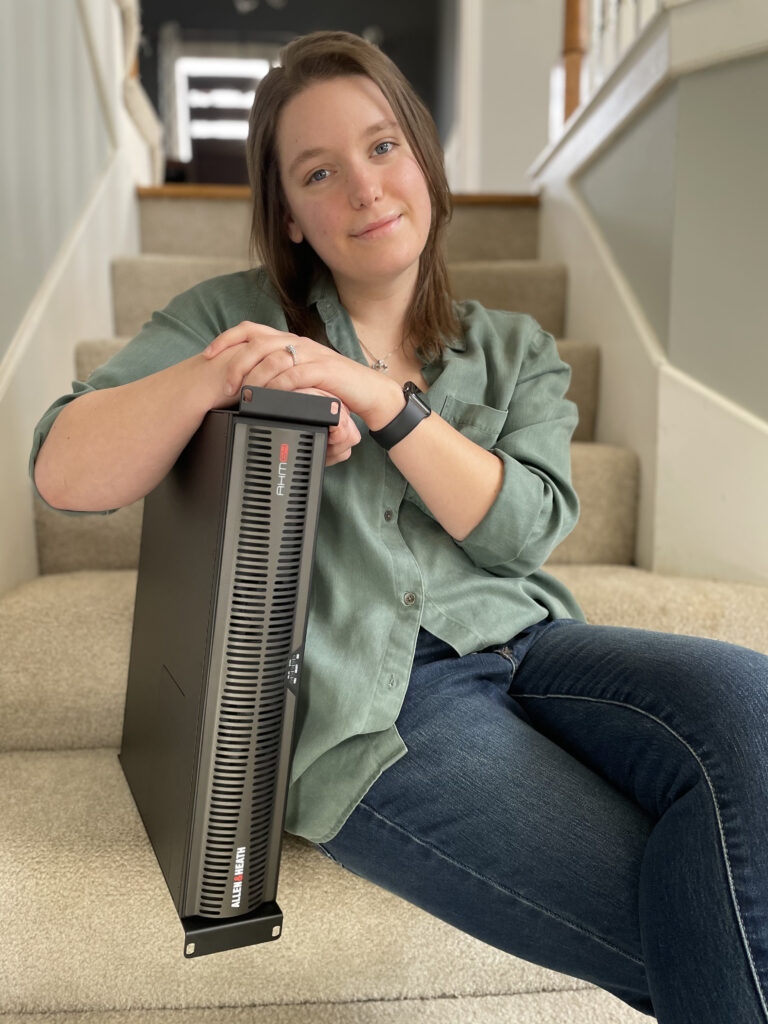
What are your long-term goals?
“My long-term goal is to grow my reach, my personal brand, and the brands of the two companies I have dedicated so much to. If I want to help as many people as possible, I have to keep moving. Between ProSoundWeb and Allen & Heath, I can create real change in the industry. I suppose my other long-term goal would be to always continue growing and learning. I never want to stop.”
What, if any, obstacles or barriers have you faced?
“My age still gets in the way periodically. Luckily, it gets a tiny bit easier every year. I’ve had a few run-ins having to do with being a woman, but almost always the age ‘thing’ is the overwhelming contributing factor; so much so that it dwarfs or at least gives explanation to the female prejudice.
“The other obstacle is myself. Imposter Syndrome really hits sometimes. No matter what ‘accomplishments’ I may achieve, some days just feel like it’s all a lie and someone will find out I’m a fake and I actually know nothing. That can be a whole battle on its own.”
How have you dealt with them?
“By working hard, always learning, and trying thrice as hard as the men. I’ve met quite a bit of under-performance in my time as an audio engineer, and they are often quite higher in their career than one would think. I use it as a motivating factor: if the likes of them can make it this far, what’s stopping me from going further? The bar is lower than you think it is.
“My imposter syndrome… I’m still working on it. I have an excellent group of friends that also work in this field who can help ground me when I start spiraling. I have a wonderful wife who’s always willing to support me when I need a hand. Also, therapy. We could all do with some therapy.”
Advice you have for other women and young women who wish to enter the field?
“It’s going to suck at times, but you have to keep dreaming big. So big it scares you. We all have to do things we don’t like, but we get to pick what things we want to put up with. It’s easy to want a glamorous lifestyle, but not everyone can make it through what it takes to have a career in pro audio. There’s also plenty of jobs in this field that you don’t even know exist. Think wide, try out everything, find what you like and what you’re good at.
“Part of paying your dues in the industry is doing grunt work or putting up with attitude or boring tasks. You will also need to do this, but there’s a big difference between paying dues and being abused. You have the right to your own space, your safety, your peace of mind, and your body. Do not let anyone try to convince you otherwise. And don’t try to make yourself smaller to please someone else. It took me far too long to realize I was even doing it.”
Must-have skills?
“Patience, good communication, a willingness to learn, a problem-solving mindset, and people skills. You must have all of these if you want to be really successful.”
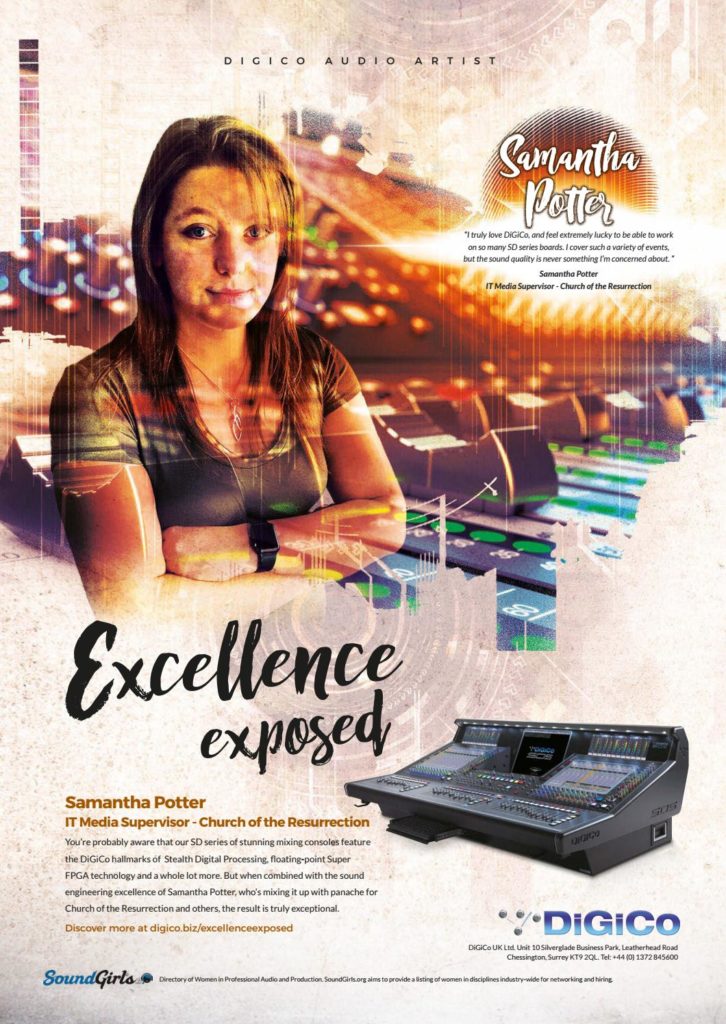
Favorite gear?
“Hmm… tough. It’s always changing.
“A hard drive full of various multitrack, a roll of artist’s tape, and an iPad. Tried and true gear to always have with me.
“Other misc. gear I love Rational Acoustics Smaart, the AHM-64, Scarlett interface, Sony WH-XB900N wireless noise-canceling headphones.”
More On Samantha
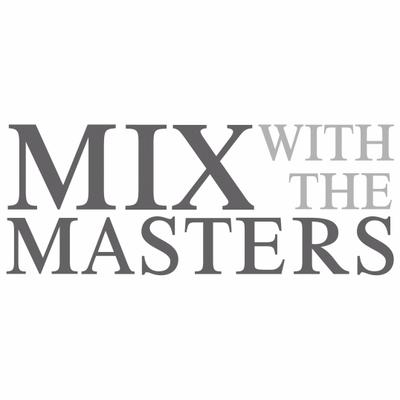
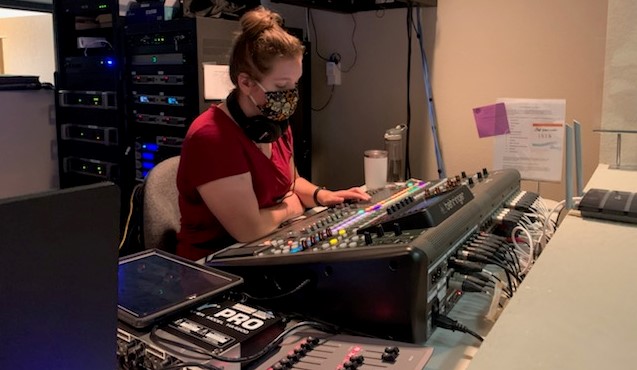
 Career Start
Career Start



